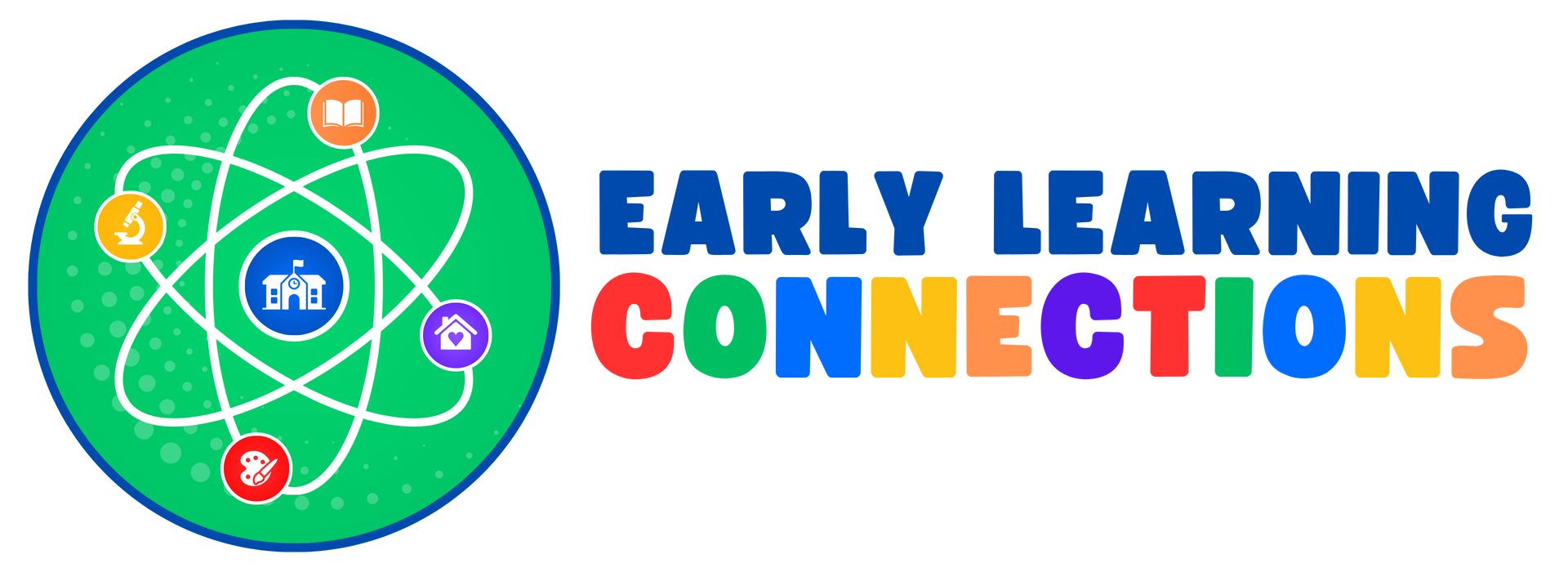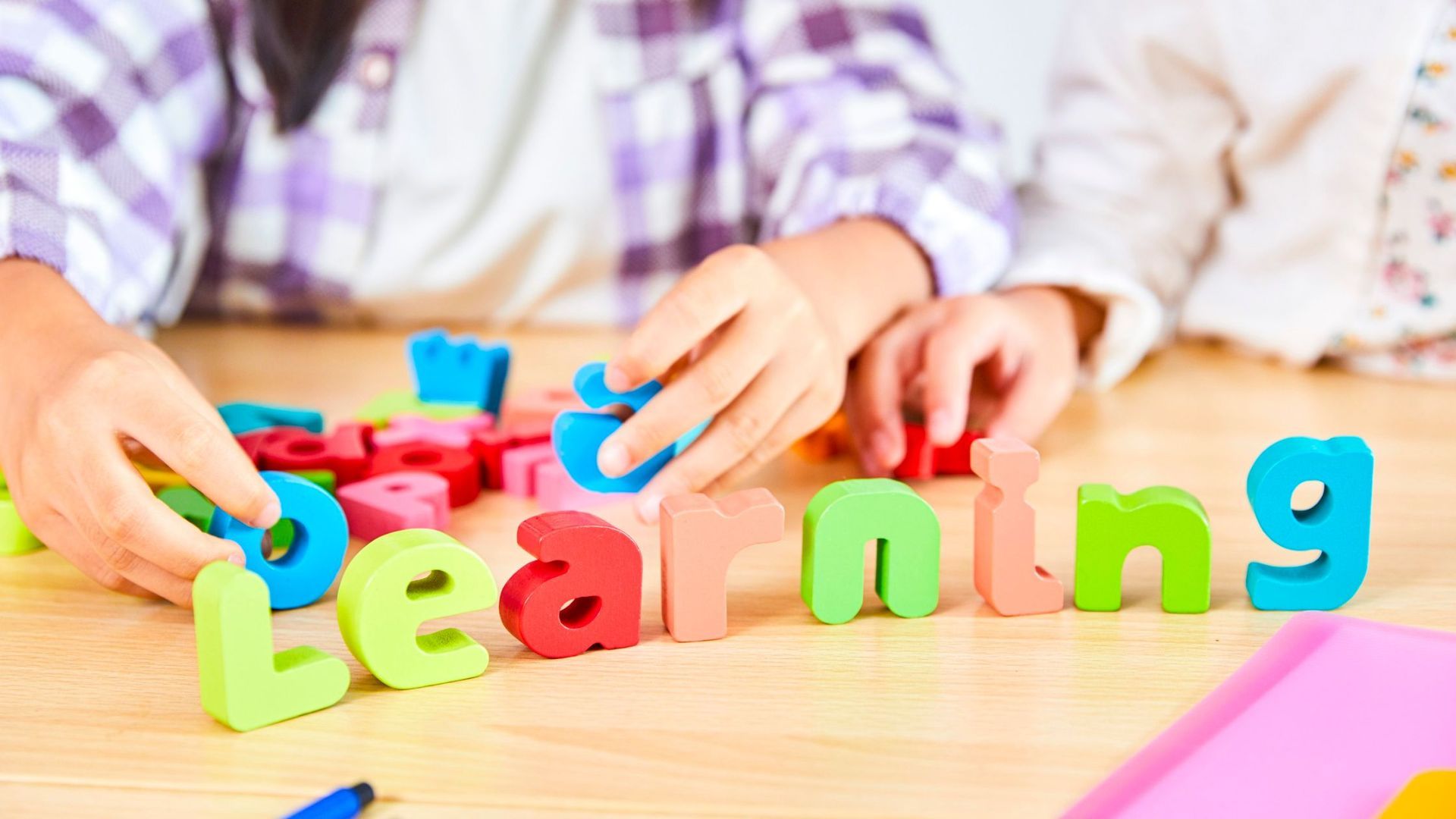Developing Early Math Skills Through Everyday Activities

Mathematics is an essential skill that children begin to develop at a very young age. While formal education plays a role, incorporating math into everyday activities helps children build a strong foundation for numeracy in a fun and engaging way. By making math a natural part of their daily lives, parents and educators can enhance problem-solving skills, logical thinking, and confidence in numbers. Here’s how to nurture early math skills through everyday experiences.
Building Number Recognition and Counting Skills
Counting is one of the first math skills young children develop. Integrating numbers into daily activities helps reinforce their understanding.
- Count during daily routines – Count steps while walking, buttons while dressing, or toys while cleaning up.
- Use songs and rhymes – Songs like “Five Little Ducks” or “Ten in the Bed” make counting fun and memorable.
- Play number games – Engage in activities such as hopscotch, dice games, or card games to strengthen counting skills.
By consistently practicing these small habits, children develop a natural ability to recognize and work with numbers.
Exploring Shapes and Patterns in Everyday Life
Understanding shapes and patterns is a crucial early math skill that supports problem-solving and spatial awareness.
- Identify shapes in the environment – Point out circles, squares, and triangles in everyday objects like clocks, windows, and road signs.
- Create patterns with household items – Use toys, blocks, or beads to make and extend patterns.
- Use art and crafts – Drawing, cutting, and coloring different shapes help reinforce shape recognition and fine motor skills.
These activities allow children to see math as part of their world, making learning more meaningful.
Introducing Basic Measurement Concepts
Measurement is an essential math skill that children can explore through hands-on experiences.
- Compare sizes and lengths – Ask questions like, “Which apple is bigger?” or “Can you find something taller than your book?”
- Use household objects for measurement – Encourage children to measure using their hands, feet, or common items like spoons and cups.
- Cook together – Baking and cooking involve measuring ingredients, counting portions, and following sequences, all of which reinforce math concepts.
Real-world applications make measurement relatable and engaging for young learners.
Understanding Addition and Subtraction in Everyday Situations
Basic addition and subtraction concepts can be introduced through play and daily interactions.
- Use snack time as a math moment – “You have three crackers. If you eat one, how many are left?”
- Play with toys or objects – Adding and removing blocks, stuffed animals, or other household items encourages hands-on learning.
- Tell simple math stories – Create real-life scenarios such as “If we have two apples and buy three more, how many do we have in total?”
Breaking down simple addition and subtraction problems into everyday experiences helps children grasp these concepts effortlessly.
Encouraging Problem-Solving and Logical Thinking
Problem-solving is a key component of early math development. Encouraging children to think critically strengthens their reasoning skills.
- Encourage puzzle play – Jigsaw puzzles, tangrams, and logic games help develop spatial reasoning and problem-solving abilities.
- Ask open-ended questions – “How can we split this toy collection equally?” or “What happens if we add one more block?”
- Allow children to explore solutions – Give them opportunities to figure out answers on their own, promoting independent thinking.
By fostering curiosity and logical reasoning, children develop a strong foundation for future mathematical learning.
Developing Money Awareness and Value Recognition
Understanding money introduces children to numbers, addition, subtraction, and value recognition.
- Let children handle coins and bills – Teach them to identify different denominations and their values.
- Set up a pretend store – Role-play buying and selling items to practice counting and simple transactions.
- Encourage saving habits – Use a piggy bank to introduce the concept of saving, counting, and goal-setting.
These activities provide real-world context for early financial literacy and number sense.
Incorporating Math into Outdoor Play
Outdoor activities offer plenty of opportunities to explore math concepts in a natural setting.
- Collect and count natural objects – Gather leaves, rocks, or flowers and sort them by size, shape, or color.
- Play hopscotch with numbers – Draw a hopscotch grid with numbers to encourage number recognition and counting.
- Explore distances and speed – Run races and compare times or distances to introduce measurement and estimation.
Active learning through play makes math enjoyable and meaningful.
Exploring early math skills through everyday activities not only enhances problem-solving abilities but also aligns with the importance of play in early childhood development, as discussed in The Role of Multilingualism in Early Childhood Development and The Significance of Play in Early Childhood Learning
Conclusion
Developing early math skills doesn’t have to be limited to worksheets and classroom instruction. By incorporating numbers, patterns, measurements, and problem-solving into daily life, children naturally build confidence and a love for math. Parents and educators play a crucial role in making math engaging and accessible, setting the foundation for lifelong learning.
Through interactive and playful experiences, math becomes a fun and integral part of a child’s everyday world, preparing them for more advanced concepts in the future.










